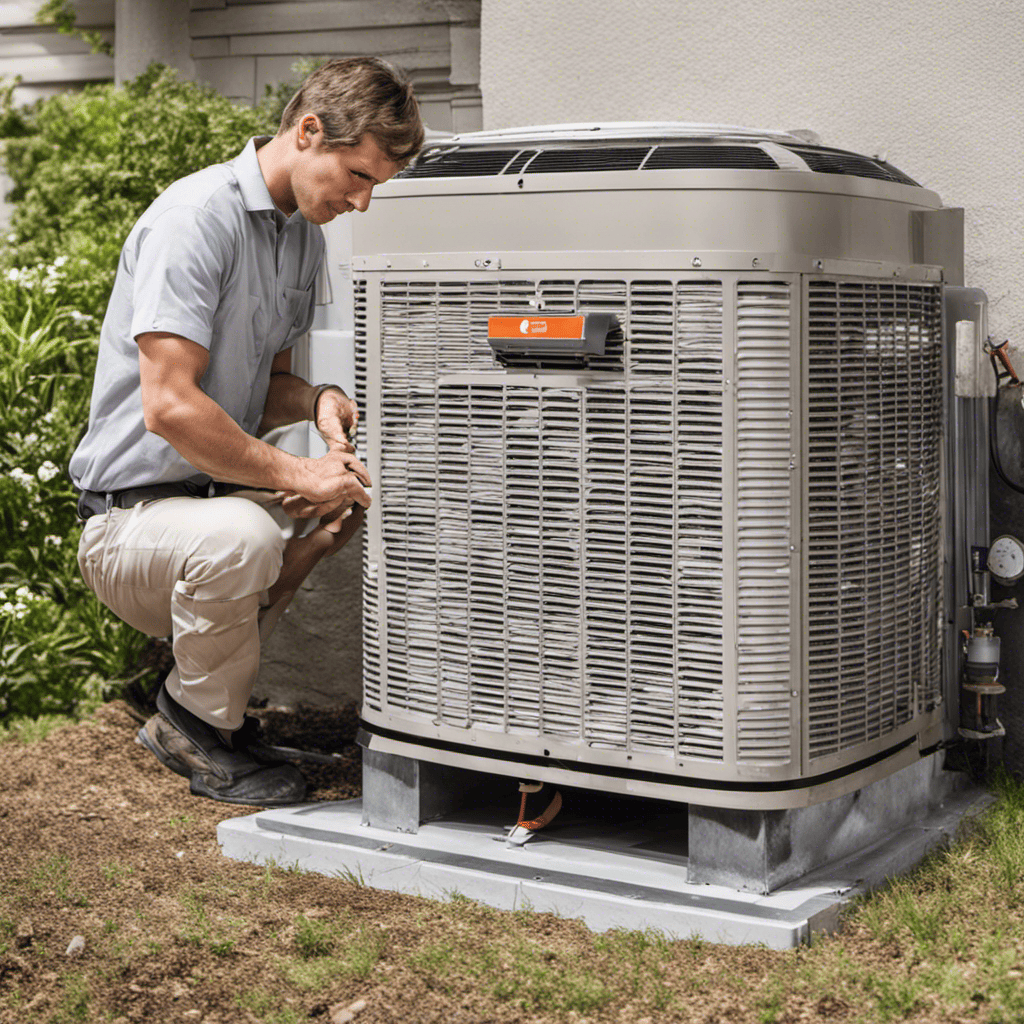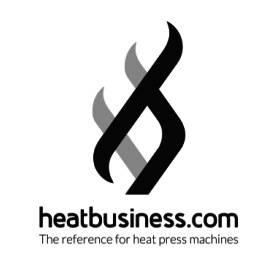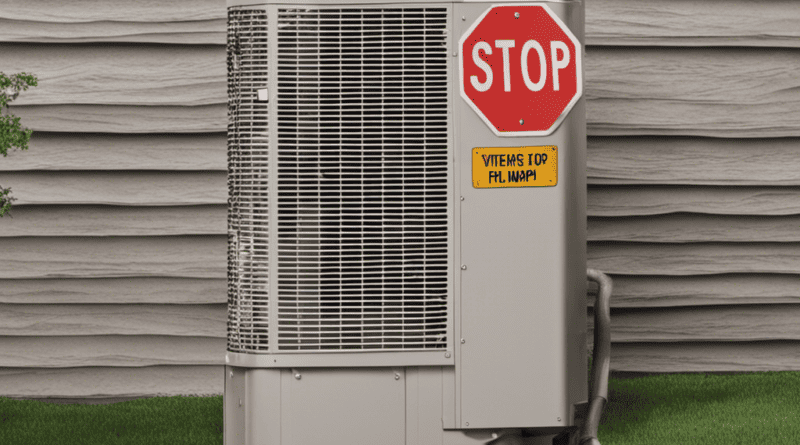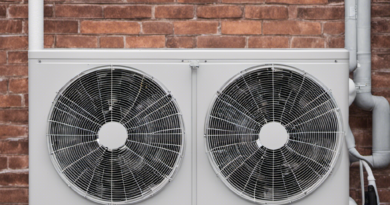Are Heat Pumps Safe? Everything You Need to Know
Heat pumps have gained popularity as an energy-efficient alternative to traditional heating and cooling systems. They have become increasingly common in residential and commercial settings, providing both heating and cooling solutions. However, as with any technology, concerns about safety have been raised.
Heat pumps are generally considered to be safe when installed and used properly. Unlike combustion-based heating systems, heat pumps do not burn fuel to generate heat, meaning there is no risk of gas leaks or carbon monoxide poisoning. Additionally, heat pumps do not produce an open flame, reducing the risk of fire hazards.
If you want to know more about the safety of heat pumps, keep reading.
Contents
- 1 Are heat pumps safe for humans?
- 2 When can safety become an issue with heat pumps?
- 3 Are heat pumps safe for the environment?
- 4 How do heat pumps compare to furnaces in terms of safety?
- 5 How can heat pumps improve indoor air quality?
- 6 How do building codes ensure heat pump safety?
- 7 What precautions should be taken to keep heat pumps safe?
- 8 Conclusion
Are heat pumps safe for humans?
Heat pumps are generally considered very safe for humans when properly installed and maintained. Here are some key reasons why heat pumps don’t pose significant safety risks:
- The refrigerants used are sealed inside the system and non-toxic. Common refrigerants like R410a and R134a are safe if accidental contact occurs.
- Heat pumps have to adhere to strict safety standards set by organizations like UL and ASHRAE. They are rigorously tested for hazards before being sold.
- Modern heat pumps have multiple built-in safety switches that automatically shut down the system if pressures go outside normal range.
- Reputable manufacturers use high-quality components and multiple control circuits to prevent operation outside safe parameters.
- Professional installation following manufacturer guidelines and local building codes is critical to ensure no refrigerant leaks or electrical hazards are introduced.
- With regular maintenance like refrigerant leak checks and replacement of worn parts, risks remain minimal over the system’s operating lifetime.
As with any complex electrical/mechanical system, some nominal risks exist. But heat pumps have an excellent overall safety record when properly installed and maintained by qualified technicians.
When can safety become an issue with heat pumps?
Heat pumps are generally safe, but a few key areas should be monitored to avoid potential hazards:
- Refrigerant leaks – Older refrigerants like R22 contribute to ozone depletion if leaked. Newer ones like R410a have global warming potential. Annual leak checks should be performed.
- Electrical hazards – Improper wiring during installation can lead to shock/fire risks. A licensed electrician should perform all electrical work per local codes.
- Gas furnace backup – If there is a gas furnace paired with the heat pump, regular maintenance is crucial to prevent carbon monoxide risks.
- Carbon monoxide – CO can be produced if combustion airflow is restricted. CO detectors should be installed and the system checked annually.
- Structural damage – Ground source heat pump loops if not properly installed away from the building foundation can potentially shift and crack structures.
- Legionella bacteria – Rarely, water source heat pumps can harbor bacteria if hot water tanks are kept below 140°F. Proper maintenance and water treatment is required.
- Refrigerant pressure – The pressurized refrigerant system should only be serviced by certified HVAC technicians. Pressures must be properly handled during installation and service.
Overall, risks are minimal with proper installation, maintenance, and use of safety controls. But ongoing diligence is needed to prevent leaks, monitor combustion, and watch for deterioration over decades of operation.

Are heat pumps safe for the environment?
Heat pumps are one of the most environmentally friendly options for heating and cooling your home. When comparing heat pump refrigerants to burning fossil fuels for heat, they offer significant environmental benefits:
- Heat pumps reduce carbon emissions that contribute to climate change. They don’t burn oil or natural gas.
- New heat pumps use ozone-friendly refrigerants like R410a as opposed to older ozone-depleting chemicals like R22.
- Refrigerants used have very low global warming potential if leaked. But risks are low with proper installation.
- Ground source heat pumps don’t use any fossil fuels and their underground loops don’t adversely impact soil or groundwater.
- Heat pumps move existing heat rather than generating new heat through combustion like furnaces. This reduces emissions.
- Heat pumps can help support renewable energy adoption since they run on electricity from solar/wind.
- Air conditioning function also reduces need for separate AC systems and their refrigerants.
With proper installation, maintenance, and responsible refrigerant recycling at end of life, heat pumps are much better for the environment than heating with fossil fuels directly. Their adoption helps fight climate change.
How do heat pumps compare to furnaces in terms of safety?
- Furnaces have risks of carbon monoxide poisoning, gas leaks and fire hazards that heat pumps don’t have.
- But heat pumps require safe handling of pressurized refrigerants during installation/service. Furnaces mainly use natural convection.
- Proper combustion airflow is crucial for furnaces to prevent CO risks. Heat pumps don’t combust fuel.
- Heat pump refrigerants don’t pose CO risk and are non-toxic unlike furnace exhaust.
- Electrical hazards are present with both systems – shock, arc flash, etc. Proper electrical safety is important.
- Both heat pumps and furnaces need regular maintenance for peak safety. Heat exchangers and gas lines can crack over time.
- Furnaces tend to last 10-20 years. Heat pumps 15-25 years with maintenance. Lifespans affect safety risks.
How can heat pumps improve indoor air quality?
- Heat pumps provide air conditioning which reduces humidity and mold risks.
- No combustion byproducts are emitted indoors with a heat pump unlike furnaces.
- Heat pumps filter and circulate indoor air which can reduce airborne allergens and dust.
- Close temperature and humidity control from heat pumps optimizes conditions for health and comfort.
- Duct cleaning when installing a heat pump system further improves indoor air.
- Advanced air filters, UV lights and bipolar ionization add-ons can enhance air purification.
How do building codes ensure heat pump safety?
Installing a heat pump system requires permits and inspections to verify adherence to building safety codes. Some of the key ways local codes help ensure heat pump safety include:
- Electrical – The National Electrical Code (NEC) regulates the appliances, wiring, overcurrent protection, grounding, and installation methods. This prevents electrical hazards.
- Refrigerant handling -Codes require certified technicians handle refrigerant lines and charging per EPA rules to prevent leaks or mishandling. Proper pressures and components must be used.
- Structural – The International Residential Code (IRC) sets standards for properly mounting and bracing outdoor condenser units to withstand seismic, wind, snow, and ice loads.
- Combustion – Gas furnaces paired with heat pumps must meet codes for proper venting, air supply, and gas valve shutoffs to prevent CO risks.
- Plumbing – Condensate drainage requirements prevent moisture buildup. Piping insulation rules maintain efficiency and prevent freezing.
- Materials – Specific allowed materials, pipe sizes, and minimum distances prevent leaks and deterioration. Safety switches are mandated.
- Permits – Licenses, permits, and signed-off inspections ensure safety guidelines were followed. Only certified technicians can perform installations and repairs.
Adhering to the local building codes provides multiple layers of protection against structural failures, hazardous conditions, component damage, and system misoperation over decades of use. Mandatory inspections verify installation meets all safety regulations.
What precautions should be taken to keep heat pumps safe?
Some key precautions to keep heat pumps operating safely include:
- Have installation and maintenance done by qualified, certified HVAC technicians only
- Purchase equipment from reputable brands that adhere to safety standards
- Install CO monitors if there is a gas furnace paired with the heat pump
- Have an annual maintenance check done each year, including refrigerant leak test
- Replace worn parts like filters as recommended by the manufacturer
- Keep outdoor unit clear of debris, plants, snow etc. that block airflow
- Have a professional decommission the system and reclaim refrigerant at end of life
- Never attempt DIY repairs on the pressurized refrigerant system
- Keep all flammable materials away from electrical and heat pump equipment
- Have old refrigerants like R22 replaced with newer alternatives
- Confirm proper permits were obtained for installation and inspections passed
With trained technicians handling installation/maintenance using proper safety gear, and responsible use by owners, heat pumps present very low risks while providing greener and more efficient home heating and cooling.
Conclusion
When installed and maintained properly, heat pumps are very safe and environmentally responsible heating and cooling systems. While not completely risk-free, their track record for human and environmental safety is excellent compared to legacy technologies like boilers and furnaces. Taking basic precautions and staying up-to-date on maintenance can help ensure decades of safe, efficient operation.


